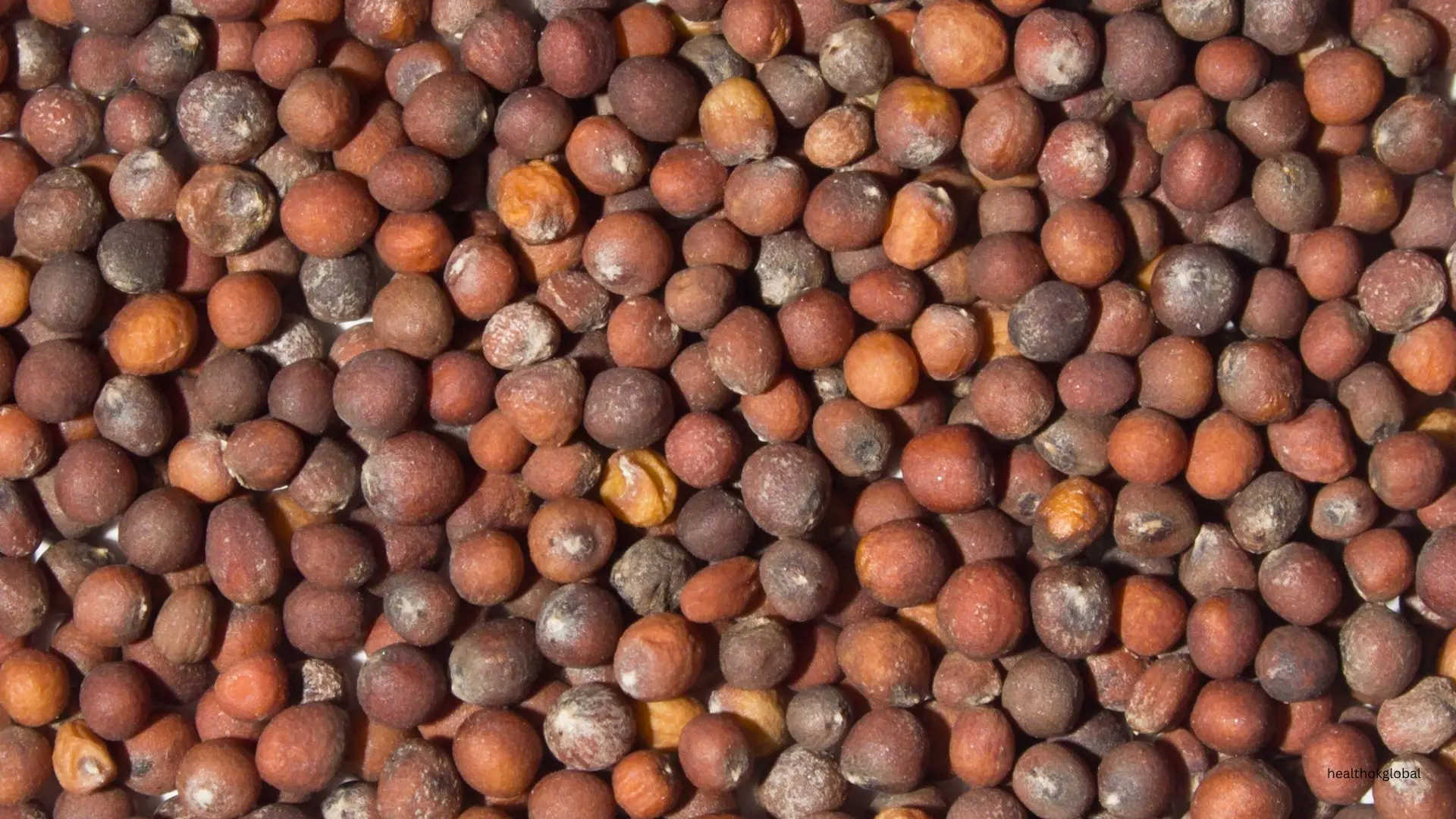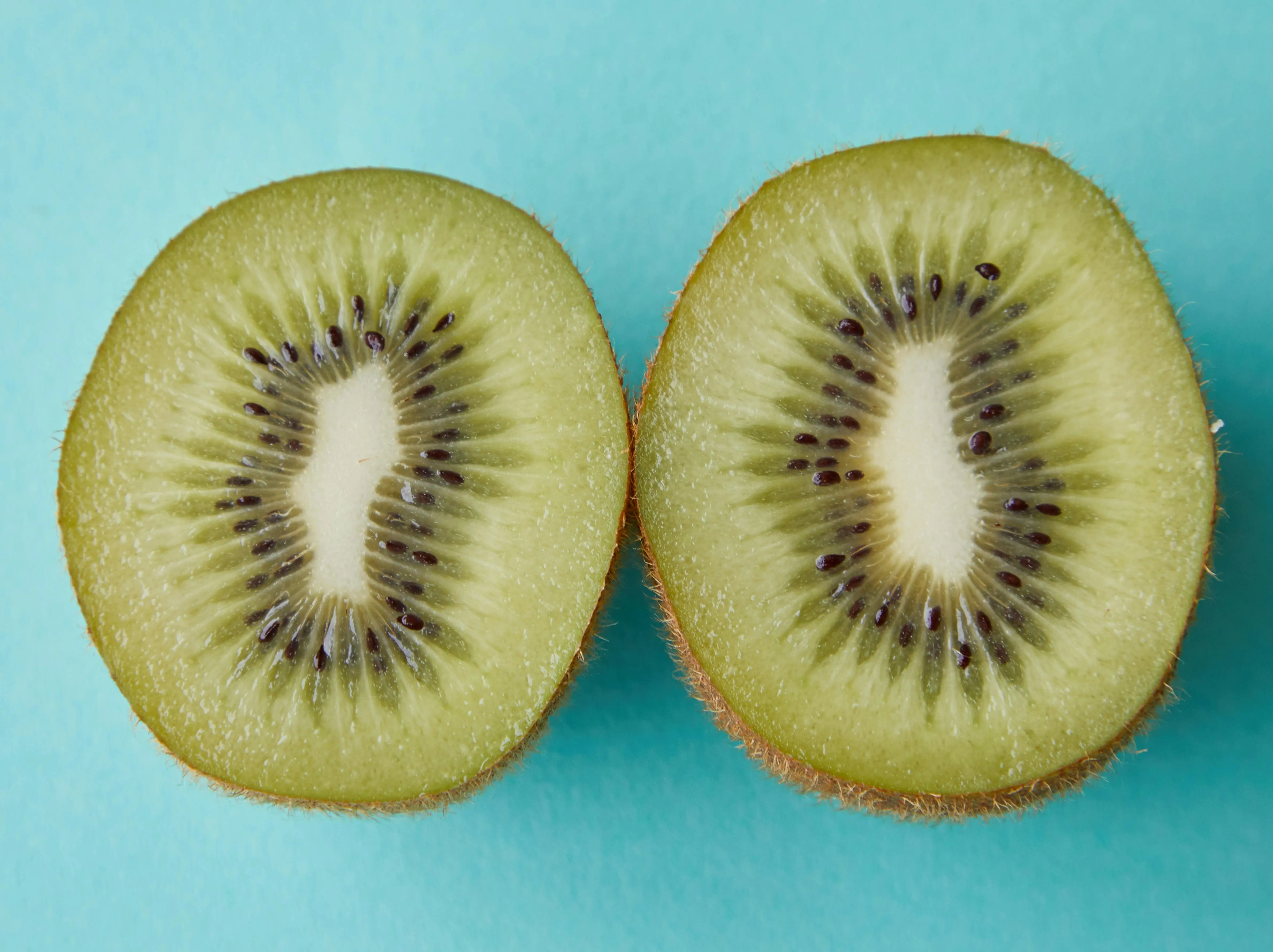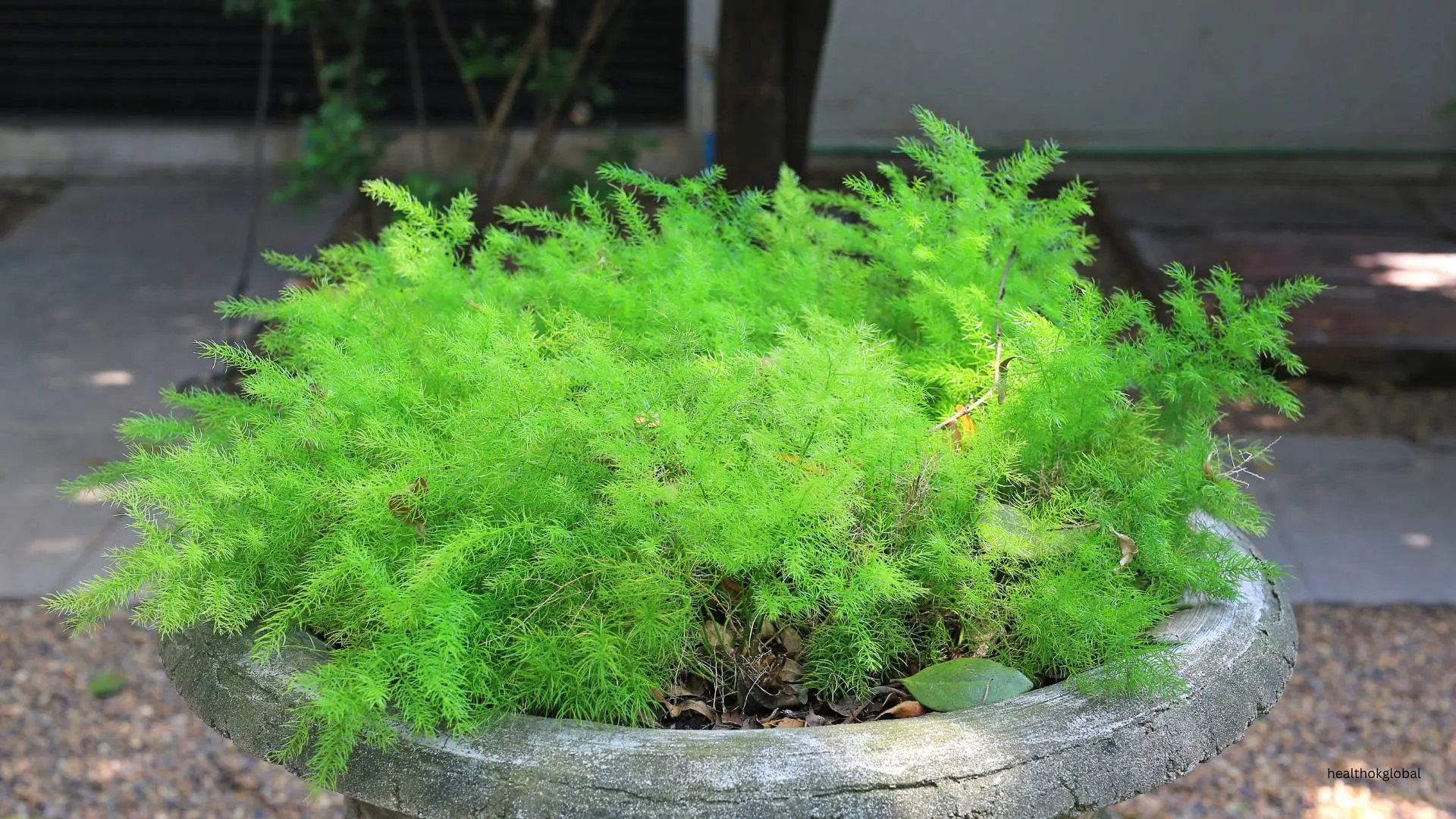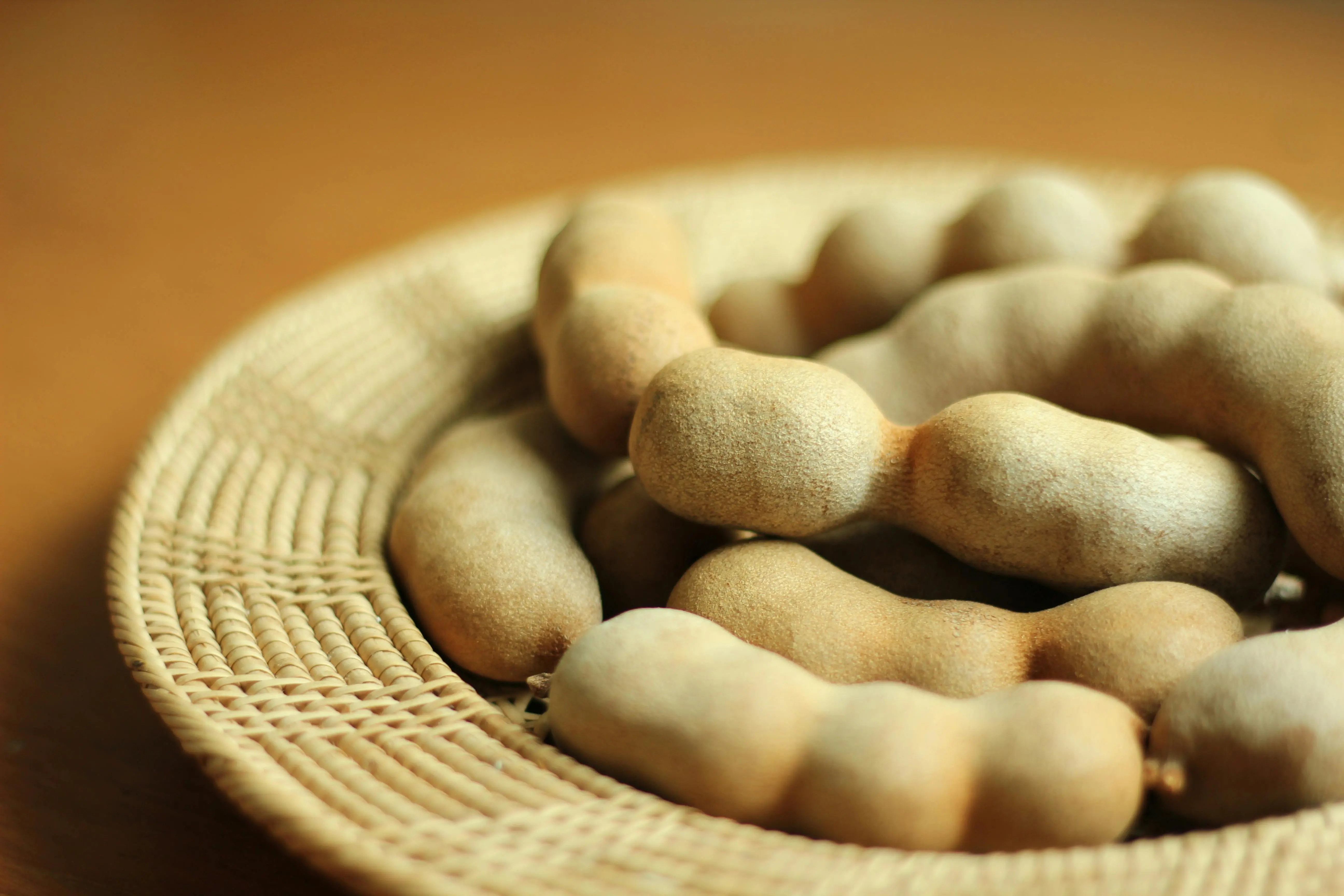Explore the numerous health benefits of cauliflower seeds, a nutritious superfood. This guide provides essential information on the nutritional value of cauliflower seeds and how they can support a healthy lifestyle.

Blog
Comprehensive Guide to the 8 Health Benefits of Cauliflower Seeds
Cauliflower seeds are not as commonly known as the vegetable itself, but they pack a powerful nutritional punch. These small seeds are packed with essential nutrients that contribute to overall health. This comprehensive guide explores the health benefits of cauliflower seeds, their nutritional value, and ways to incorporate them into your diet. By understanding the benefits of cauliflower seeds, you can make informed choices to support your overall health and well-being.
Cauliflower seeds are low in calories but provide a wealth of essential nutrients. Their nutritional profile includes:
Cauliflower seeds are rich in vitamins C, K, and several B-complex vitamins, which are crucial for maintaining a healthy immune system, supporting energy production, and promoting skin health.
These seeds contain important minerals such as calcium, magnesium, and iron. These minerals support various bodily functions, including bone health, muscle contraction, and oxygen transport.
Cauliflower seeds are an excellent source of dietary fiber, which aids in digestion, helps regulate blood sugar levels, and supports heart health.
Packed with antioxidants like sulforaphane and carotenoids, cauliflower seeds help protect the body from oxidative stress and reduce the risk of chronic diseases.
Cauliflower seeds contain a good amount of plant-based protein, which is essential for muscle repair and growth, as well as overall body function.
Incorporating cauliflower seeds into your diet can provide several health benefits, including:
The high vitamin C content in cauliflower seeds boosts the immune system and helps the body fight off infections.
The fiber, antioxidants, and healthy fats in cauliflower seeds contribute to cardiovascular health by reducing cholesterol levels and maintaining healthy blood pressure.
The dietary fiber in cauliflower seeds promotes healthy digestion by preventing constipation and supporting the growth of beneficial gut bacteria.
Calcium and magnesium in cauliflower seeds are essential for maintaining strong bones and preventing osteoporosis.
The anti-inflammatory properties of sulforaphane and other antioxidants in cauliflower seeds help reduce inflammation in the body, which can alleviate symptoms of conditions like arthritis.
The vitamins and antioxidants in cauliflower seeds help protect the skin from damage and promote a healthy complexion.
Cauliflower seeds are low in calories and high in fiber, making them a great addition to a weight management plan. They help you feel full longer and prevent overeating.
Cauliflower seeds are a good source of plant-based protein, which is essential for muscle repair and growth, as well as overall body function.
There are many delicious and creative ways to include cauliflower seeds in your diet. Here are some suggestions:
Sprout cauliflower seeds and add them to salads, sandwiches, or smoothies for a nutritious boost.
Blend cauliflower seeds with fruits, vegetables, and a liquid base like almond milk for a protein-packed smoothie.
Cook cauliflower seeds with your favorite grains like oatmeal or quinoa for a hearty and nutritious breakfast porridge.
Make homemade crackers by mixing cauliflower seeds with other seeds, nuts, and seasonings. Bake until crispy for a healthy snack.
Incorporate cauliflower seeds into homemade bread recipes for added texture and nutrition.
Add cauliflower seeds to soups and stews for a nutrient-rich addition that enhances the flavor and texture.
Make energy bars by combining cauliflower seeds with dried fruits, nuts, and a binding agent like honey or nut butter.
To get the most out of your cauliflower seeds, follow these tips for selecting and storing this nutritious superfood:
Select high-quality cauliflower seeds that are free from mold, debris, and signs of spoilage.
Store cauliflower seeds in an airtight container in a cool, dry place to maintain freshness. Use them within a few months for the best quality.
Rinse and soak cauliflower seeds just before use to enhance their digestibility and nutrient absorption.
While cauliflower seeds are generally safe and beneficial for most people, there are some considerations to keep in mind:
Cauliflower seeds contain fiber and certain compounds that can cause gas and bloating in some people. Start with small portions if you have a sensitive digestive system.
Although rare, some people may have an allergy to cauliflower seeds. If you experience symptoms like itching, swelling, or difficulty breathing after consuming cauliflower seeds, seek medical attention.
Cauliflower seeds are a nutrient-dense superfood that offers a wide range of health benefits. By incorporating cauliflower seeds into your diet, you can support immune health, promote heart health, aid digestion, and much more. With their versatility and mild flavor, cauliflower seeds can be easily added to various dishes to enhance your overall well-being. Embrace the health benefits of cauliflower seeds and enjoy this nutritious superfood in your daily diet.
There are many delicious and creative ways to include cauliflower seeds in your diet. Here are some suggestions:
Cauliflower seeds are low in calories but provide a wealth of essential nutrients. Their nutritional profile includes:
While cauliflower seeds are generally safe and beneficial for most people, there are some considerations to keep in mind:
Need Personalized Health Guidance?
Get expert advice tailored to your specific health needs from our qualified healthcare professionals.





